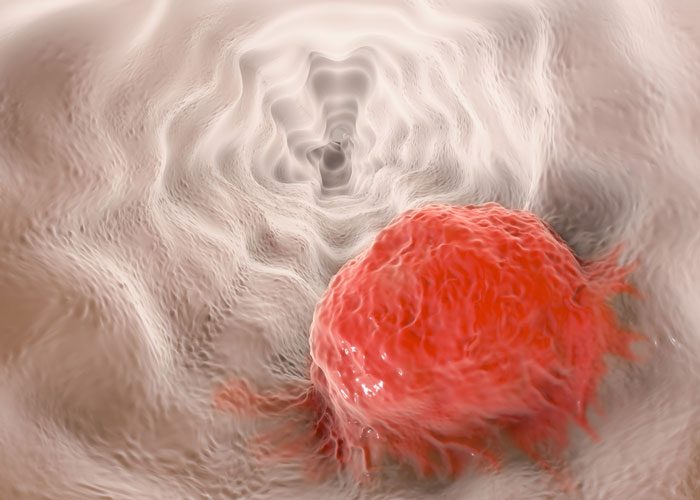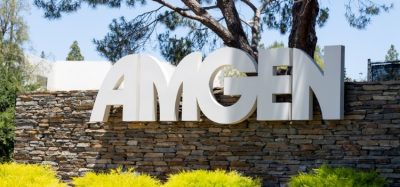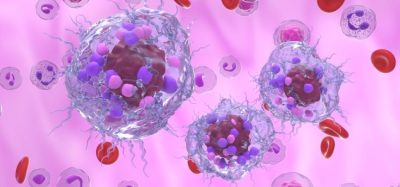Proton therapy may be better option for patients with esophageal cancer
Posted: 24 October 2017 | Dr Zara Kassam (European Pharmaceutical Review) | No comments yet
Proton beam therapy, in combination with chemotherapy, may be a better treatment option than traditional radiation therapy techniques…


Researchers have found that proton beam therapy, in combination with chemotherapy, prior to surgery, may be a better option than a combination using traditional radiation therapy techniques with chemotherapy when treating elderly patients with esophageal cancer.
Standard X-ray radiation therapy techniques include 3-D conformal radiation and intensity-modulated radiation therapy. Results were presented by Dr Scott Lester, a radiation oncologist at Mayo Clinic.
“Elderly patients experience more posttreatment heart and lung problems, and are at higher risk for death after surgery than younger patients after receiving a combination of preoperative chemotherapy and radiation therapy,” said Dr Lester. “Our study found that patients treated with proton beam therapy experienced lower rates of postoperative heart and lung problems, such as acute respiratory distress syndrome and death.”
Age itself should not be a disqualifying factor for aggressive cancer treatment
Researchers followed 571 patients treated with traditional radiation therapy and chemotherapy followed by surgery at the clinic and the MD Anderson Cancer Center and the University of Maryland Cancer Center from 2007 to 2013.
Thirty-five percent of patients were age 65 or older at diagnosis and classified as elderly for the study. Forty-three percent of elderly patients received 3-D conformal radiation, 36 percent of patients received intensity-modulated radiation, and 21 percent of patients received proton beam therapy. Researchers analysed outcomes by the type of radiation treatment and compared outcomes.
They found that elderly patients treated with proton beam therapy had lower rates of heart and lung problems after surgery and a lower postoperative mortality rate than patients treated with conventional techniques.
None of the patients treated with proton beam therapy experienced a postoperative death, which the researchers think is partially related to proton therapy’s ability to reduce the dose to important structures near the esophagus, such as the heart and lungs.
“Age itself should not be a disqualifying factor for aggressive cancer treatment, but efforts to minimise the side effects of treatment are especially important in the elderly,” says Dr Lester.
“This study showed that advanced radiation techniques, especially proton beam therapy, can help improve outcomes in this population and may allow for more patients 65 years and older to undergo aggressive treatment for their esophagus cancer.”
Related topics
Anti-Cancer Therapeutics, X-ray Photoemission Spectroscopy (XPS)








